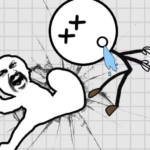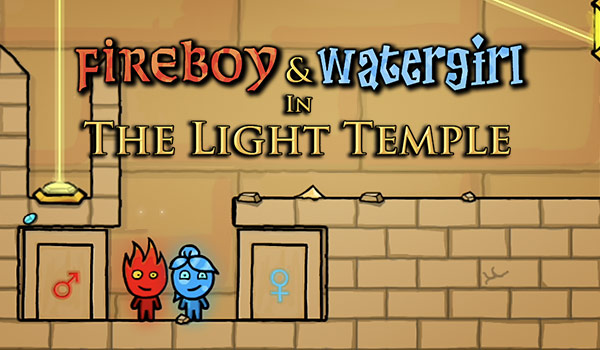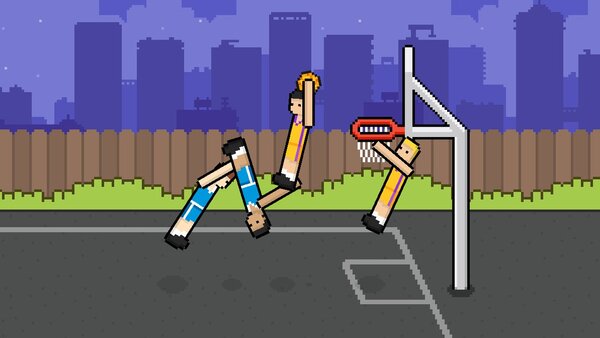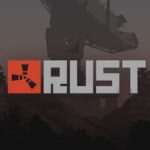The game Among Us 3D reimagines the globally popular social deduction hit, Among Us, by introducing a fully immersive 3D experience. What was once a 2D game of trust and betrayal aboard a spaceship has now evolved into a breathtaking three-dimensional world where deception is more vivid, suspense is more intense, and gameplay is significantly more dynamic.
Among Us took the world by storm with its simple graphics and addictive multiplayer mechanics. Now, Among Us 3D opens a brand-new chapter—bringing the franchise into the realm of modern game design. With fully explorable environments, new camera perspectives, revamped task mechanics, and deeper character interactions, Among Us 3D offers fans a new way to experience the paranoia and thrill of the original game.
Let’s dive deep into everything you need to know about Among Us 3D—from its upgraded visuals and gameplay innovations to its new features, multiplayer mechanics, and why this game is poised to reignite the world’s love for crewmates and impostors.
What is Among Us 3D?
Among Us 3D is a modern reimagining of the original Among Us game by InnerSloth. It maintains the same core gameplay loop—complete tasks, identify the impostor, survive—but elevates it with full 3D graphics, immersive environments, third-person and first-person viewpoints, and enhanced interactivity.
Key Features:
-
Fully 3D graphics replacing the classic 2D sprites.
-
Third-person and first-person modes for different playstyles.
-
New environments and maps with verticality and hidden areas.
-
Complex task animations and real-time sabotage effects.
-
VR and motion-control support in select versions.
By introducing 3D mechanics, the game deepens the deception and heightens tension—giving new life to the beloved social deception formula.
Graphics and Visual Enhancements
The transition to 3D brings a significant visual overhaul. While retaining the colorful, cartoon-like style of the original, Among Us 3D uses modern rendering techniques to make every corner of the spaceship (or planetary base) feel more alive—and more dangerous.
Enhanced Aesthetic
-
Detailed character models with customizable outfits and accessories.
-
Dynamic lighting and shadows that affect visibility and hiding.
-
Environmental effects like flickering lights, steam, and weather (on outdoor maps).
-
Fluid animation for walking, venting, sabotaging, and killing.
This leap in fidelity not only makes the game more immersive but also adds new tactical layers—such as using lighting and depth of field to conceal movement or distract other players.
New Maps with 3D Interactivity
Maps in Among Us 3D are no longer flat corridors—they're fully realized spaces with multiple levels, interactable objects, and varied environments that demand exploration.
Featured Maps
-
Polaris Station – A space station with three vertical levels, elevators, and crawlspaces.
-
Planet Nova – An alien base with outdoor elements, fog, and moving machinery.
-
The Titan Vault – A futuristic bank where players must pass biometric security and navigate vaults.
Interactive Spaces
-
Vents can be climbed or crawled through in 3D.
-
Doors have manual or timed mechanisms.
-
Electrical panels can spark or shut off when sabotaged.
The new spatial complexity increases the difficulty of spotting impostors and requires more strategic navigation.
Tasks: Upgraded Mechanics and Animations
One of the highlights of Among Us 3D is the complete overhaul of the task system. Tasks are now mini-games with 3D interactivity and animations.
Task Variations
-
Hands-on Tasks: Fixing wires by matching color-coded plugs in real-time.
-
Puzzles: Solving visual riddles under time pressure.
-
Physical Tasks: Moving crates, turning valves, or using robotic arms.
Dynamic Task System
Some tasks can now be:
-
Interrupted by saboteurs in real-time.
-
Made more difficult based on map conditions (e.g., low gravity or power outages).
-
Used as alibis with visual confirmation by teammates.
The complexity of tasks brings more opportunities for deception—can you really trust someone just because they were "fixing wiring"?
Impostor Gameplay in 3D
The shift to 3D adds new ways to play as an impostor, from stealthy takedowns to using shadows and vertical spaces to your advantage.
New Impostor Abilities
-
Ambush Mode: Wait behind doors or hide in vents for the perfect kill.
-
Mimicry: Temporarily disguise as another player.
-
Environmental Kills: Use surroundings to stage accidents.
Real-Time Deception
-
Create believable distractions by activating tasks.
-
Fake full animations in third-person view.
-
Use map knowledge to manipulate security cameras.
These new dimensions enhance the impostor’s ability to blend in and surprise, giving players more creativity and risk-reward scenarios.
Communication and Social Interactions
Among Us has always relied on discussion and social deduction. Among Us 3D expands on this with better communication tools and role-playing opportunities.
Voice and Gesture Chat
-
Proximity-based voice chat creates tense encounters.
-
Emotes and gestures help convey emotion in silent lobbies.
-
Emergency meetings include animated discussions with expression and body language.
Roleplay Systems
-
Players can assume roles such as engineer, medic, or sheriff.
-
Character dialogue and choices can shape in-game interactions.
-
Players can host custom lobbies with unique rules and social systems.
These improvements deepen the social gameplay, making meetings more dramatic and emotional.
Game Modes and Custom Rules
Among Us 3D introduces several game modes beyond the classic impostor-versus-crewmates format.
Game Modes
-
Classic – The original format, now in 3D.
-
Hide and Seek – One killer, no meetings, fast-paced survival.
-
Role Chaos – Randomly assigned roles with special powers.
-
Survivor Mode – Infinite impostor waves vs. limited crew lives.
Rule Customization
Players can adjust:
-
Vision cones and lighting.
-
Task complexity and timers.
-
Impostor cooldowns and sabotage mechanics.
-
Number of roles, impostors, or win conditions.
This modularity keeps the game fresh and replayable, with community servers frequently rotating themes.
Virtual Reality and First-Person Mode
Among Us 3D takes immersion even further by offering VR compatibility and first-person gameplay options.
VR Features
-
Full hand-tracking for tasks and pointing.
-
Natural speech detection for proximity chat.
-
Head gestures (nodding, shaking) as communication tools.
First-Person Mode
-
Increased suspense—limited field of view makes you paranoid.
-
Ideal for solo players seeking horror-like tension.
-
Makes impostor attacks more terrifying and sudden.
VR and first-person modes turn the game into a truly immersive, heart-pounding thriller.
Multiplayer Experience and Cross-Platform Play
At its heart, Among Us 3D is a social experience. Multiplayer has been redesigned to accommodate modern systems and matchmaking needs.
Multiplayer Systems
-
Cross-platform support for PC, console, and VR.
-
Quick matches and private rooms.
-
Ranked lobbies based on reputation and skill.
Community Tools
-
Custom lobbies with modding and plugins.
-
In-game reporting and moderation systems.
-
Party chat, friends list, and Discord integration.
The multiplayer infrastructure is built to support casual fun and competitive deception alike.
Development, Mods, and Community Support
While Among Us 3D is not officially developed by InnerSloth (as of now), several community or indie projects are building 3D versions using Unity or Unreal Engine, with massive fan support and growing communities.
Active Projects
-
3D Among Us by SRelix – A fan-made Unity version available on itch.io.
-
Among Us VR (official) – VR-supported version developed in partnership with Schell Games.
-
Modded 3D experiences – Dozens of mods on Steam Workshop or GitHub.
Community Support
-
Livestreams and tournaments by YouTubers and Twitch streamers.
-
Fan art, maps, mods, and cosmetics contributed by players.
-
Discord servers for 3D versions and roleplay-based lobbies.
The passion of the community is what keeps the Among Us 3D movement alive and evolving.
Future Updates and What's Next
As more versions of Among Us 3D develop or gain popularity, features will continue to expand.
Planned or Rumored Features
-
Story mode or campaign missions for solo players.
-
Character progression systems with unlocks and levels.
-
New sabotages like blackouts, oxygen floods, and AI drones.
-
Map editor tools for creators.
Whether an official 3D version becomes a full-scale release or remains a community-driven evolution, the future is bright for this growing subgenre.
Conclusion: Among Us 3D Is the Next Evolution in Social Deception Gaming
The game Among Us 3D proves that even the simplest game concepts can evolve into new dimensions—literally. With fully 3D environments, immersive interactions, expanded roles, and deeply strategic gameplay, it transforms the familiar formula into something bigger, smarter, and more immersive.
Whether you’re a returning fan of the original 2D Among Us or a newcomer drawn to the thrill of deception, Among Us 3D offers an experience that feels both nostalgic and entirely new. The addition of spatial awareness, complex animations, VR support, and diverse gameplay modes makes it the definitive version for a modern audience.
In a world where trust is a weapon and every shadow could hide an impostor, Among Us 3D challenges you not just to survive—but to outsmart, outplay, and outlast.


































